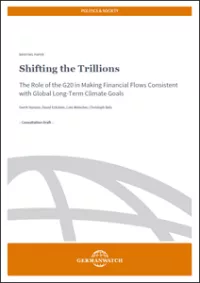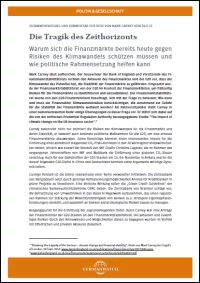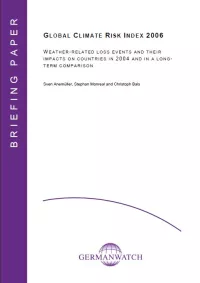
Also for us at Germanwatch, 24 February 2022 has been a watershed. Since that day, war is raging just 800 kilometres from Berlin. Europe's peace order has been fundamentally called into question. A country is invading its neighbour. As we write this, the Russian army is marching towards the Ukrainian coal towns in the Donbass, towns which we at Germanwatch have been working intensively with ever since 2017.




